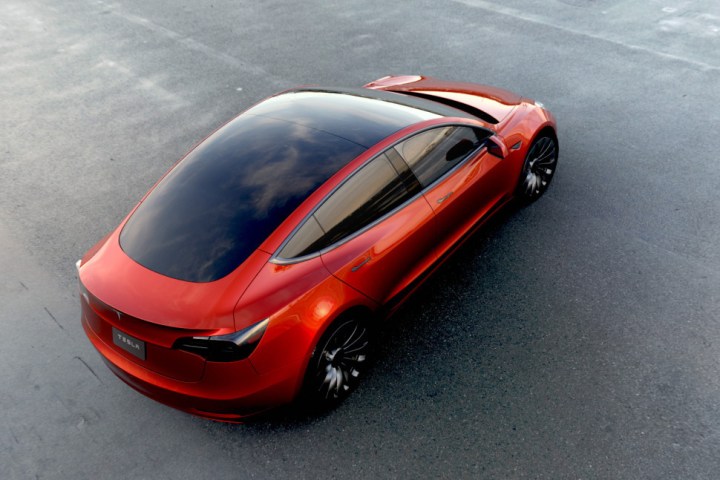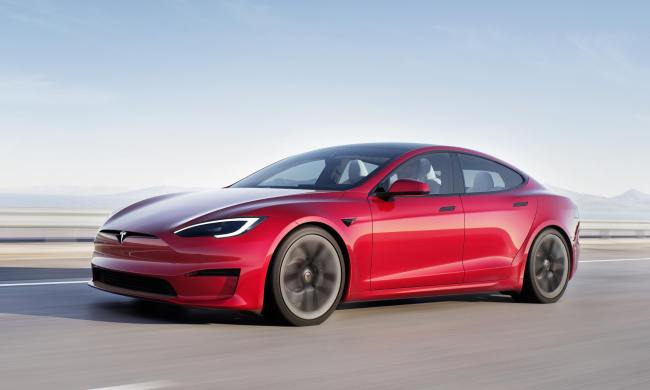
In a message to customers, Tesla wrote, “We are working hard to improve autonomous safety features and make self-driving a reality for you as soon as possible. In order to do so, we need to collect short video clips using the car’s external cameras to learn how to recognize things like lane lines, street signs, and traffic light positions.”
Noting that there is strength in numbers, Tesla added that the more access to information the company has, “the better your Tesla’s self-driving ability will become.”
The electric carmaker also noted that the video clips will not be linked to your car’s identification number, promising, “We have ensured that there is no way to search our system for clips that are associated with a specific car.”
That said, even though your data may not be traced back to you, it’ll likely be shared at large. Tesla pointed out that information collected may be shared “with partners that contribute similar data to help us provide the service. At no point is any personally identifiable information collected or shared during the process.”
Aside from the new data-sharing policy, Tesla’s Autopilot update is quite exciting in and of itself. If you have a Model S or Model X from October of 2016 or later, you’ll now have access to more features, like active avoidance for side collisions if you’re going between 30 and 83 MPH, an automatic high beam mode that will turn off your brights if other drivers are approaching, and Autosteer, which now works up to 90 mph on the highway and 45 mph on smaller roads.


